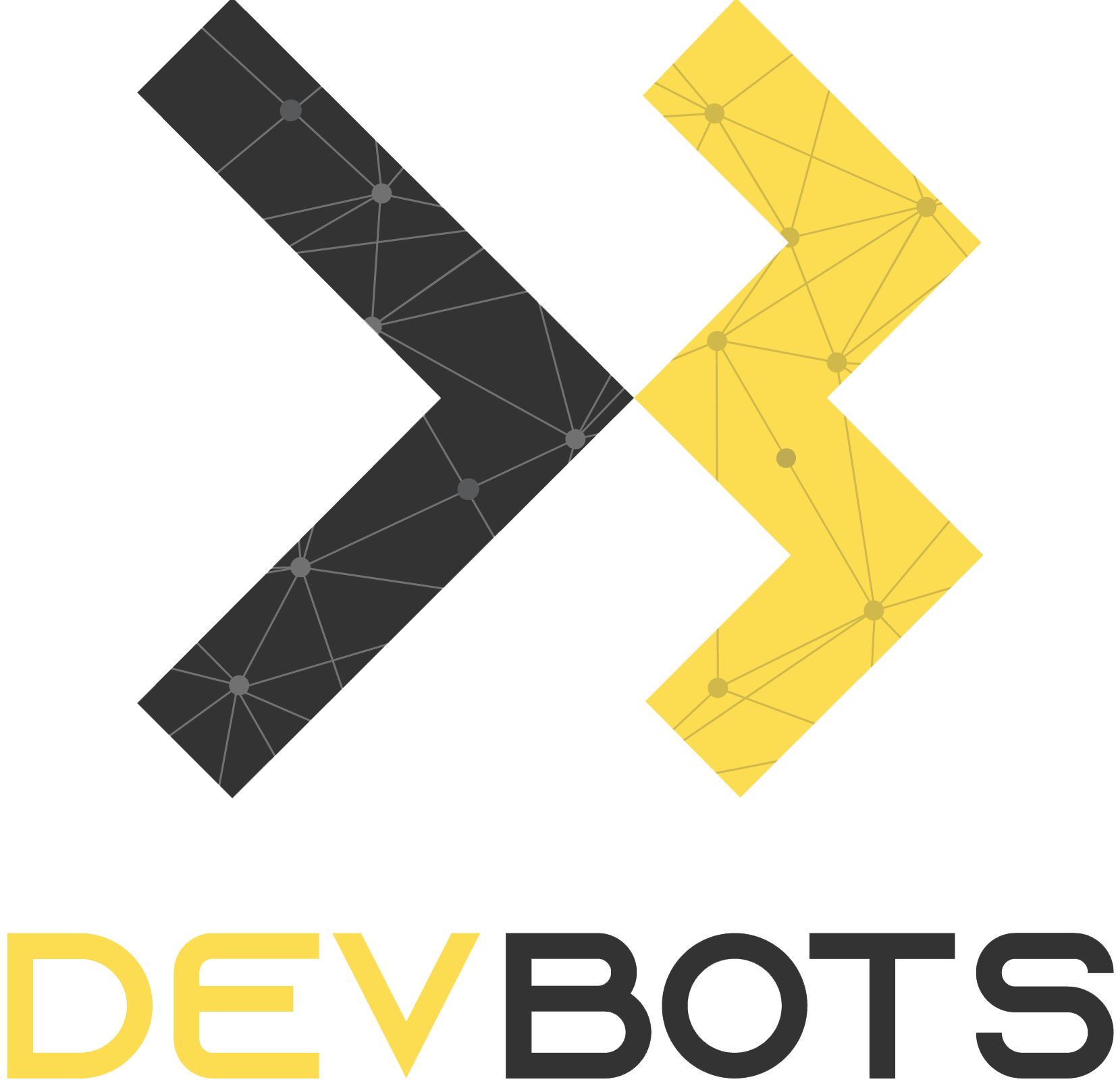[vc_row custom_padding=”true” custom_padding_t=”100″ custom_padding_b=”100″ css_padding=”::::::::::::30::30:”][vc_column width=”1/2″ css=”.vc_custom_1455898154373{padding-right: 5% !important;}”][vc_custom_heading text=”The Devbot Edge” google_fonts=”font_family:Open%20Sans%3A300%2C300italic%2Cregular%2Citalic%2C600%2C600italic%2C700%2C700italic%2C800%2C800italic|font_style:800%20bold%20regular%3A800%3Anormal” font_container=”tag:h2|font_size:32|text_align:left|color:%2300064f” css=”.vc_custom_1610712447516{padding-bottom: 50px !important;}”][vc_column_text]
Quality
We have a take-no-prisoners approach to quality. Everyone at devbot is committed to delivering products of the highest quality, and everyone is empowered to do what’s necessary to make that happen.
Project Management
Our team members are trained in critical querying and problem solving skills, so they stay on top of deliverables. We continually benchmark our project management and ourselves using key performance indicators.
Systems & Processes
We have created processes and set up systems that promote strong collaboration, uncover sticking points early, encourage self-direction and problem solving, and foster a creative, productive work environment.
[/vc_column_text][/vc_column][vc_column width=”1/2″][vc_empty_space height=”52px”][vc_column_text]
People
We hire better, and we train better. We prefer to recruit through our network and always vet our IT pros to ensure suitability for global work. Our unique employee training methods and mixed-team setup produce high-performing, cross-cultural teams.
Global Thinking, Local Prices
What is now devbot started as a team extension for a Danish company, so the Western mindset is part of our DNA. Being based in Pakistan, however, allows us to keep costs at an extremely competitive level.
Scalability
We have the structure and processes in place to scale up and down quickly. Our large talent pool supports rapid growth, while the range and variety of clients and projects we take on ensure long-term stability.
[/vc_column_text][/vc_column][/vc_row][vc_row custom_padding=”true” custom_padding_t=”0″ custom_padding_b=”0″][vc_column][vc_custom_heading text=”How We Work” google_fonts=”font_family:Abril%20Fatface%3Aregular|font_style:400%20regular%3A400%3Anormal” font_container=”tag:h2|text_align:left|color:%23d11d4d”][vc_empty_space][vc_column_text]
Let’s be honest
Traditional offshoring has a poor reputation and for good reason.
Problems abound: communication breakdowns, high churn rates, quality issues, and cultural differences. At the same time, companies everywhere strain under the escalating costs and pressure of continual innovation.
What’s the answer?
Reengineer offshoring. Using our deep experience in IT development, team and systems setup, and overcoming cross-cultural challenges, we built a new collaboration model. One that works.
[/vc_column_text][vc_empty_space][vc_custom_heading text=”The Devbot Collaboration Model” google_fonts=”font_family:Abril%20Fatface%3Aregular|font_style:400%20regular%3A400%3Anormal” font_container=”tag:h2|text_align:left|color:%23d11d4d”][vc_empty_space][vc_column_text]
Training: Developing skills in cross-disciplinary areas like project management, testing, and documentation is just the beginning. Our team members also study problem solving and decision making processes, as well as their clients’ business, market, and culture.
Culture: For cross-border collaboration to succeed, you first have to map cultural differences, then train both sides to work together. Using the Hofstede Dimensions of National Culture framework, we address differences in open, constructive ways.
Relationships: Cross-functional teams, frequent interactions, and candid communication build relationships and active engagement of team members in both locations. We have regular virtual joint workshops and, whenever possible, arrange remote site visits
[/vc_column_text][/vc_column][/vc_row][vc_row custom_padding=”true” custom_padding_t=”100″ custom_padding_b=”100″ css_padding=”::::::::::::30::30:”][vc_column css=”.vc_custom_1455898154373{padding-right: 5% !important;}”][rdy_button text=”Talk to us about your Project” margin_top=”0″ margin_bottom=”0″ border_radius=”0″ link=”url:mailto%3Acareers%40devbots.co”][/vc_column][/vc_row]
